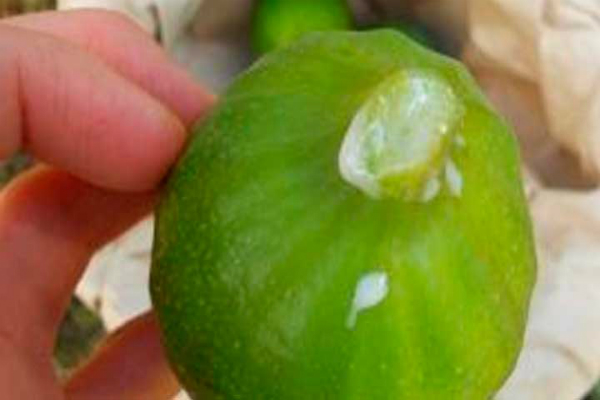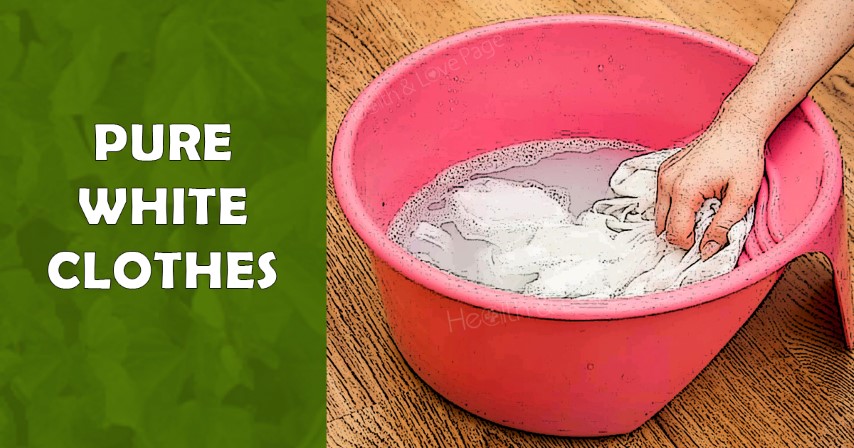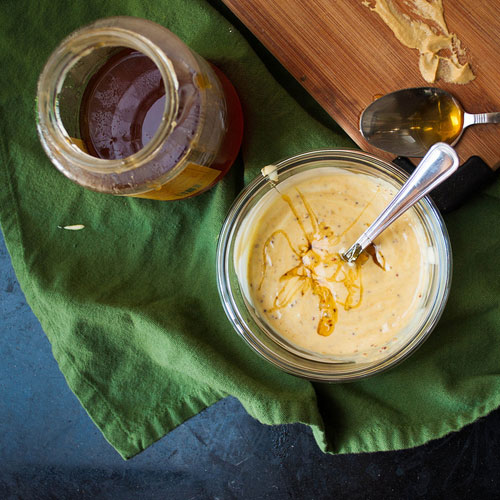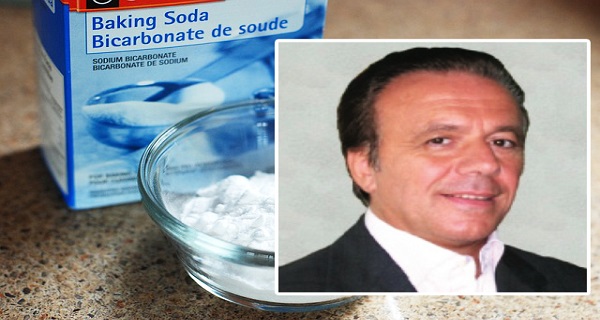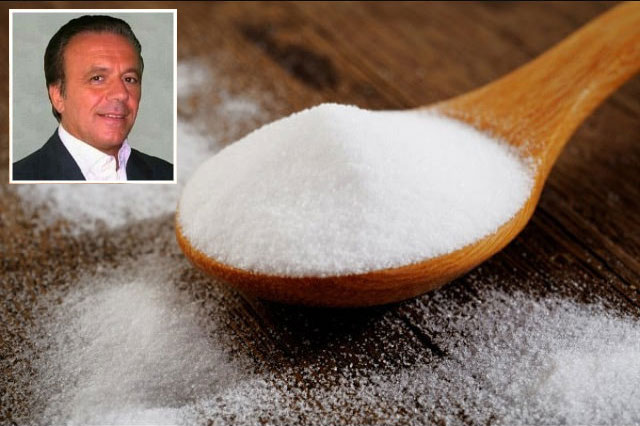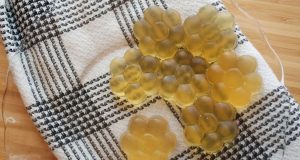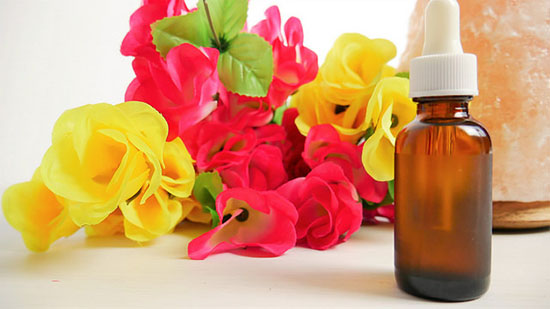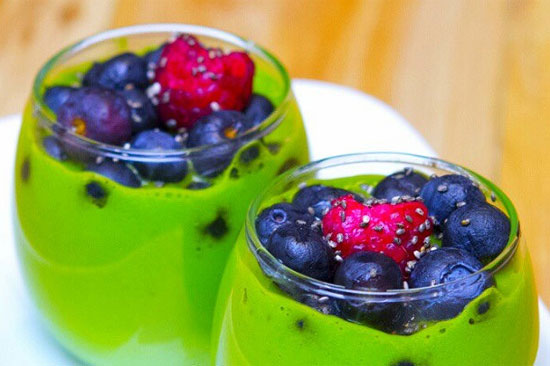Pneumonia is a common infection of the lungs, whether it is just one lung affected, or both. This is usually caused by bacteria, fungi and viruses. In the past, before antibiotics were even discovered around 33% of pneumonia patients had died. Nowadays, each year around 3 million people get the pneumonia diagnosis. Most of them do recover and only a small percentage don’t survive the disease. This disease is within the top six deadly diseases worldwide. The bacterial type of the disease is usually caused by streptococcus pneumonia. The symptoms would be weird looking mucus, fever and chills. If the infection spreads in the blood which happens not so rarely, this causes sepsis and is a dangerous condition that can result in death.
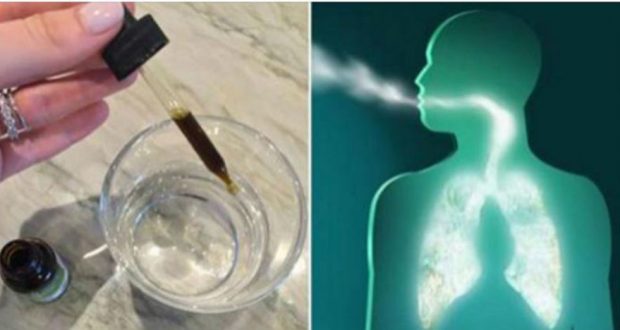
Antibiotics Used for Pneumonia Treatment
Penicillin (perhaps the most familiar one), Augmentin, Amoxicillin and macrolide antibiotics are the ones that are most often used to get rid of pneumonia. However, there has been development of drug resistance since the widespread use of antibiotics. Penicillin is still effective when it comes to treating pneumonia, but some people are allergic to it and it is not recommendable to use it.
How Can Oregano Oil Help?
Oregano has famous properties when it comes to treatment of inflammation, urinary tract infections, dysentery and respiratory infections, especially used in Eastern culture. Research has shown that oregano does have potent antibacterial characteristics. Medical oregano has an excess of minerals (magnesium, potassium, zinc, copper, calcium and boron), making it even more effective and beneficial for many other conditions. The fact that research has shown that this oil is perfectly safe for human consumption adds up to the herb’s benefits! Also, consumption of the extract from oregano can be a great prevention of cold and flu.
The right dose is only up to three drops of the oil. It is very potent, so consumption has to be in the same way described in the “directions to use” section and by physician recommendation. You can consume it with orange juice (it is fairly strong and bitter), but not with lemon juice. The first results will be obvious after only a couple hours. The consumption should be regularly for five days, and the symptoms will disappear. If there is need for further use, make a small break and continue to use it for a few days afterwards.
Additionally, baking soda is something that can be of a help too, and you have it in your home for sure. The compounds can neutralize acids and break down proteins, while at the same time helping in pH balance regulation. The scale of pH balance goes from zero to fourteen and seven is considered as normal value. If it is higher than it is alkaline, if it is lower it is an acidic state. If there is an acidic state, hydrogen ions are not attracted in the body, contrary from alkaline state.
Keep in mind that the immunity is stronger if there is higher alkalinity. The bacteria that can lead to bronchitis, pneumonia and colds can only survive and grow in acidic environment. The right combo for battling this sorts of conditions would be one of potassium bicarbonate and sodium bicarbonate.
Furthermore, water with two drops of liquid sodium bicarbonate can work miracles in healing pneumonia, asthma and sinusitis. This should be consumed no more than three times per day.
First-aid kits had always included sodium bicarbonate because this is a great acid neutralizer. Baking soda added in warm bath can help with poison ivy itching and sunburn.
If you make a paste with baking soda and water and apply it externally, you can use it for treating bee bits.



